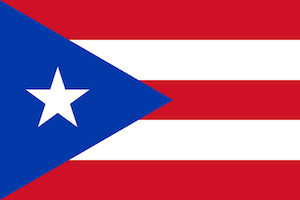The New York Court of Appeals issued a decision last week, clarifying the rebuttable presumption of WCL § 21(1) in work assault cases, particularly in a mass shooting scenario. When an injury happens during work, it is presumed that it arose out employment, absent “substantial evidence to the contrary.” Lack of evidence for the motivation of the assault does not rebut that presumption.
In 2017, a shooter entered Bronx-Lebanon hospital with an AR-15 rifle hidden under a white doctor’s coat. He went up to the 16th floor and opened fire, killing one doctor, and wounding five others, including the claimant. The shooter was a stranger to the claimant. The WCB found the claimant’s injuries compensable. In an a relatively rare flip of positions, the hospital was arguing that the claim should be compensable, and the claimant agrued that it was not compensable. The reason the claimant and employer took these positions is because the claimant also had a pending civil negligence action against the hospital that was subject to dismissal, based on the WCL §29 exclusive remedy of workers’ compensation. If the case was not compensable as a workers’ compensation claim, the victim here would be able to proceed against the hospital for civil damages.
At the Appellate Division level, the court reversed the Board and found the injuries to not be compensable. Their reasoning was that there must be evidence of nexus between the assault and the employment. The Court of Appeals, however, found that analysis to be incorrect. Instead of requiring proof of a nexus, where there is no proof, it must be presumed that the injury occurred in the course and scope, and not personal animosity [which would be a reason outside of employment].




